Science News: Recent scientific discoveries and expert analysis
Latest news
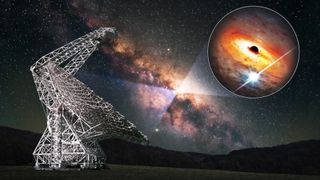
Radio signal discovered at the center of our galaxy could put Einstein's relativity to the test
By Elizabeth Howell published
Scientists hope to probe the nature of general relativity through a possible pulsar found in the center of the Milky Way, near a supermassive black hole.
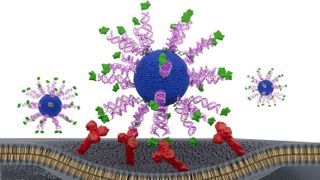
Cancer vaccine shows promise against HPV-related throat tumors in early study
By Clarissa Brincat published
If proven effective in humans, the vaccine could complement standard therapies for HPV-driven cancer, as well as inform the design of therapeutic vaccines for other diseases.
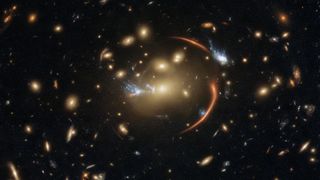
Our leading theory of dark matter may be wrong, huge new gravity study hints
By Paul Sutter published
New research using a space-time phenomenon predicted by Einstein presents evidence that the invisible backbone of the universe may be much "fuzzier" than we realized.
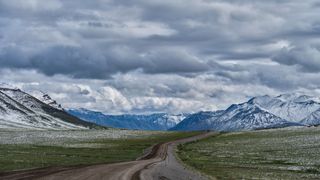
Permafrost thaw and 'shrubification' have tipped Alaska's North Slope into a wildfire regime not seen for 3,000 years
By Sascha Pare published
An analysis of peatland soil samples and satellite images has found that wildfires on Alaska's North Slope are more frequent and severe now than they were at any point over the past 3,000 years.
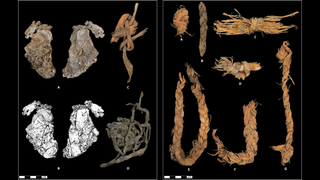
World's oldest known sewn clothing may be stitched pieces of ice age hide unearthed in Oregon cave
By Sophie Berdugo published
The sewn hide, cordage and needles show how Indigenous Americans used complex technology to survive the freezing temperatures at the end of the last ice age and as a means of social expression.

Needle-free insulin? Scientists invent gel that delivers insulin through the skin in animal studies
By Sayan Tribedi published
A new polymer gel can deliver insulin through intact skin in animal tests. It could someday offer a path toward needle-free diabetes treatment, some say.
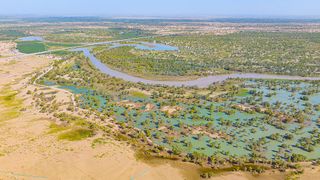
China has planted so many trees around the Taklamakan Desert that it's turned this 'biological void' into a carbon sink
By Sascha Pare published
Huge-scale ecological engineering around the edges of one of the world's largest and driest deserts has turned it into a carbon sink that absorbs more CO2 than it emits, research suggests.
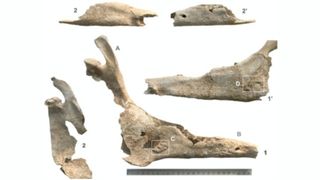
Western Europe's earliest known mule died 2,700 years ago — and it was buried with a partially cremated woman
By Owen Jarus published
Scientists have identified the oldest mule remains ever found in the western Mediterranean.

Something supercharged Uranus with radiation during Voyager flyby 40 years ago. Scientists now know what.
By Skyler Ware published
Forty years ago, Voyager 2 flew past Uranus and observed radiation levels that defied explanation. Now, scientists may finally know exactly what happened.

Only certain types of brain-training exercises reduce dementia risk, large trial reveals
By Kamal Nahas published
A large, 20-year trial showed that speedy cognitive exercises could reduce the risk of Alzheimer's disease and other types of dementia. The question is, could these tasks be adapted into video games?

Scientists infiltrated volunteers' dreams to boost their creative thinking
By RJ Mackenzie published
A small study hints that you can "trigger" memories of specific puzzles while a person dreams and that the dreamer may be more likely to solve the puzzle the next day.
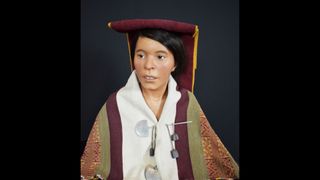
CT scans reveal the last moments of Inca children sacrificed as 'messengers to the gods'
By Tom Metcalfe published
New CT scans reveal the last moments of the Inca children who were sacrificed and mummified about 500 years ago.
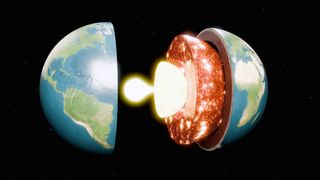
The largest reservoir of hydrogen on Earth may be hiding in its core
By Sascha Pare published
Earth's core contains nine to 45 times more hydrogen than the planet's oceans do, according to a new study that could settle a debate about when and how hydrogen was delivered to Earth.
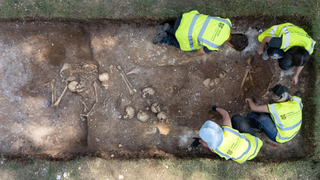
Viking Age mass grave holds mysterious mix of dismembered human remains and complete skeletons, including a 'giant' who'd had brain surgery
By Kristina Killgrove published
Archaeologists and student excavators uncovered a Viking Age pit full of dismembered remains near Cambridge, England.
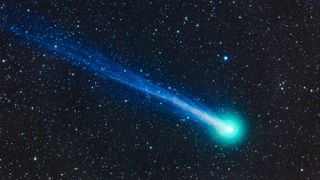
New 'sungrazing' comet could become visible to the naked eye during the day — if the sun doesn't destroy it
By Harry Baker published
The newly discovered sungrazing comet C/2026 A1 (MAPS) will undergo an extremely close slingshot around our star in early April, and could become bright enough to be seen without a telescope during the day.
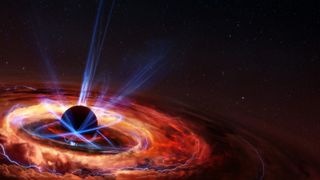
Impossibly powerful 'ghost particle' that hit Earth may have come from an exploding black hole
By Harry Baker published
A supercharged neutrino that smashed into our planet in 2023 may have been spit out by an exploding primordial black hole with a "dark charge." If true, this theory could lead to a definitive catalog of all subatomic particles and unveil the elusive identity of dark matter.
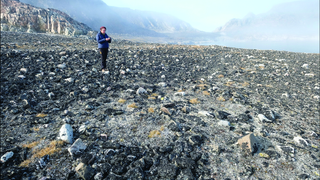
Paleo-Inuit people braved icy seas to reach remote Greenland islands 4,500 years ago, archaeologists discover
By Kristina Killgrove published
Archaeological remains on the Kitsissut islands off the coast of Greenland reveal that whole communities regularly journeyed across the dangerous Arctic waters.

'Night owls' may have worse heart health — but why?
By Isha Ishtiaq published
Emerging evidence suggests that "night owls" are more likely to have poor heart health and a higher risk of heart attack or stroke than "morning larks." Why is that?
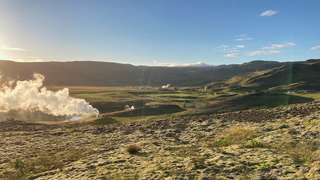
Microbes in Iceland are hoarding nitrogen, and that's mucking up the nutrient cycle
By Javier Barbuzano, Eos.org published
A study in Iceland found that microbes are hoarding more nitrogen for themselves, altering nutrient cycling and leaving less for plants.

Physicists push quantum boundaries by turning a superfluid into a supersolid — and back — for the first time
By Damien Pine published
Physicists saw excitons, a type of quasiparticle, undergo a reversible phase transition from superfluid to supersolid for the first time, opening new doors for studying extreme states of matter.
Get the world’s most fascinating discoveries delivered straight to your inbox.
 Live Science Plus
Live Science Plus










